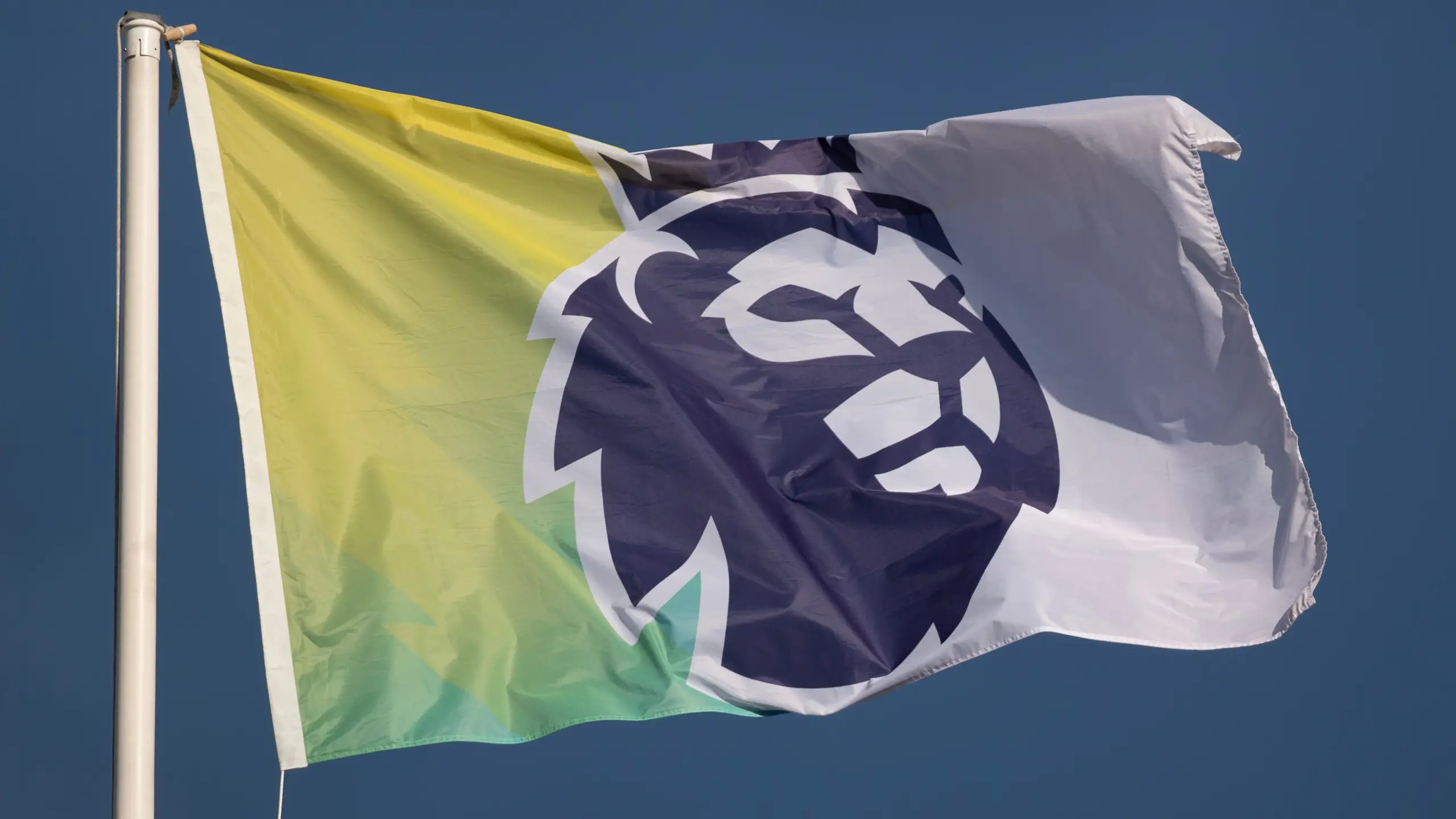
As supporters gear up for the return of Premier League football, Liverpool and Bournemouth getting the action underway at Anfield tonight, a series of rule changes have come into effect.
One of those was seen in action during the Club World Cup where goalkeepers can no longer hold onto the ball for longer than eight seconds, or a corner to the opposition is given.
However, there is one little-known change that has come in that will certainly confuse fans and players.
Speaking in the week to BBC Sounds, Gillingham striker Sam Vokes brought to light an alteration that few, if any, would have been aware of.
Gillingham striker discusses new little-known Premier League rule
“The referees come in every pre-season, and they have to tick off every club,” Vokes began.
Advert
“So we sit down with the referees for an hour or so while we have a meeting. We actually experienced it here (the rule change) on Saturday (in Gillingham’s 1-0 win over Walsall).
“So every time, which fans have got to be aware of, and we’ve got to be aware of as players now, if you do go up for a head collision, and if you touch your head, you physically touch your head, you have to go off for 30 seconds… which happened to us on the weekend.
“Our centre-half went up for a header and he knelt down a little bit and touched his head and he had to go off for 30 seconds.
“We played with no centre-half for 30 seconds, just as a concussion protocol, so he got checked up once and came back on.”
So as Premier League fans gear up to watch their team in action again on the opening weekend, there may be a time where a player is forced off to be checked over should they physically touch their head, no matter how minor any potential collision.
What are the new rule changes?
To go with the 30-second withdrawal, a number of other changes come into effect from tonight, which includes:
· New anti-time wasting measures to clampdown on goalkeepers, with a corner awarded if ‘keepers exceed eight seconds. The specific corner is decided based on what side of the field the goalkeeper is closest to
· If an opposing player prevents or pressures the goalkeeper from releasing the ball, an indirect free-kick will be awarded in the goalkeeper's favour
· A second offence results in an additional warning, and a third is a yellow card
· Referees have also been told to punish holding in the box, so no more WWE theatrics in the penalty area
· A player will be allowed to retake a penalty if they accidentally touch the ball twice when kicking their spot kick. This rule only applies if the effort goes in and largely came to light during the Champions League after Julian Alvarez's standing leg accidently touched the ball before he scored from the spot in Atletico's loss to Real Madrid
· An indirect free-kick will be awarded if a player, substitute or coach off the pitch touches the ball before it goes out of play
· While offsides are judged on the passing player's first point of contact with the ball, in 2025/26, goalkeepers will only be judged on their last point of contact, including a throw or kick
· Another crackdown on diving and simulation has been signalled to players and managers
· The Premier League has agreed to a ‘captains only’ rule, which is aimed at preventing players from mobbing the referee. If a team names their captain as a goalkeeper, the referee needs to be told during the coin toss which outfield representative is allowed to engage with the match official in those scenarios
· Players will not automatically be handed a second yellow card if they commit a foul after being already booked
· On drop ball restarts, if play is stopped with the ball inside the penalty area, this will mean a dropped ball to the goalkeeper to restart. If play is stopped with the ball outside the penalty area, there will be a dropped ball from the stopping point to the team who have or would have gained possession
Topics: Premier League, Football, Liverpool, Bournemouth